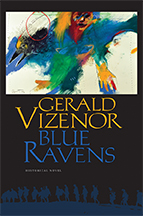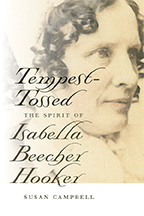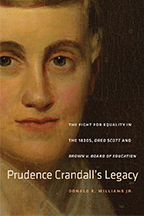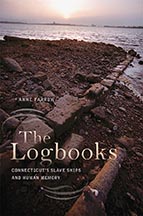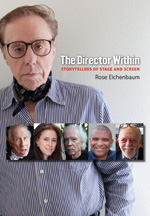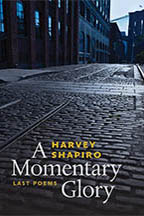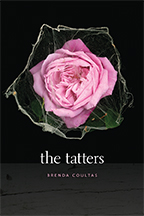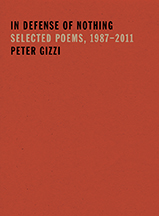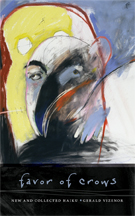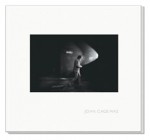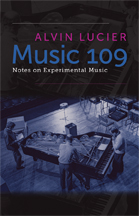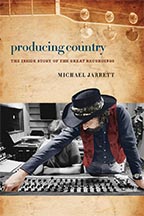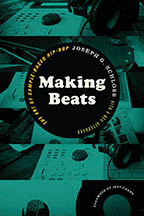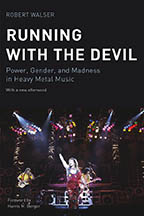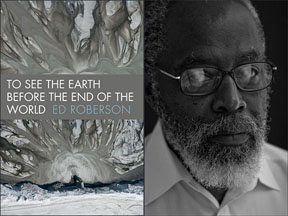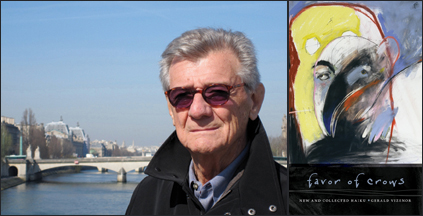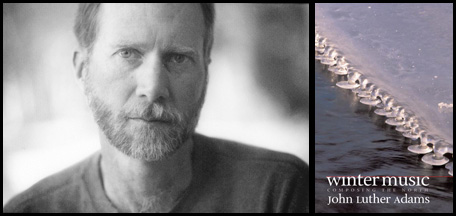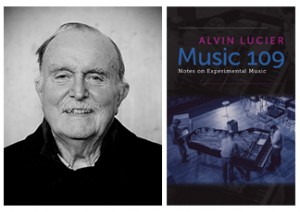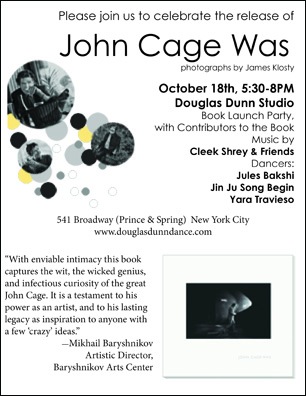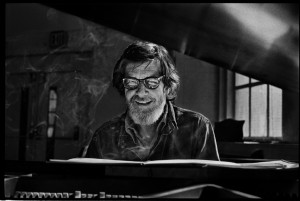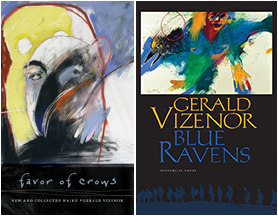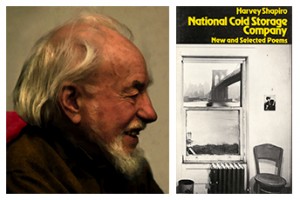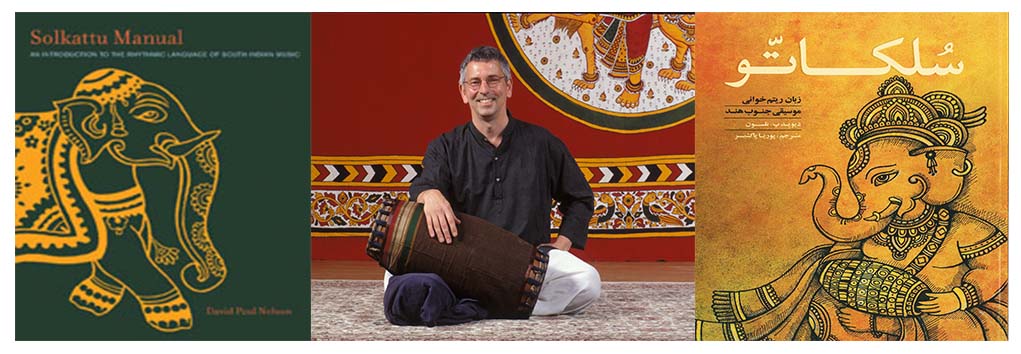Today’s Throwback Thursday post features Gerald Vizenor’s Hotline Healers (1997).
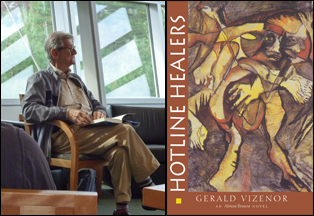
At left: Gerald Vizenor reading from Blue Ravens at the Mashantucket Pequot Museum, October 18, 2014
Vizenor’s work, drawing upon the trickster tradition in Native American culture, is among the most radical in Native American writing today. Academics of all stripes (but particularly anthropologists), the champions of victimry, Richard Nixon, and many others come under the lash of Vizenor’s satiric tongue in this hilarious, often surreal work: Hotline Healers.
In this collection of eleven linked stories, Vizenor brings back one of his most popular characters, Almost Browne, in full trickster force. Born in the back of a hatchback, almost on the White Earth Reservation, this crossblood storyteller sells blank books–some autographed (by him) with such names as Isaac Singer, Geoffrey Chaucer, N. Scott Momaday, and Jesus Christ; projects laser demons over the reservation; lectures in the Transethnic Situations Department at the University of California; is crowned Indian Princess of the University of Oklahoma by posing as the “mature” senior Penny Birdwind (who majors in native animations and simulations) and delivering a heartstopping, lip-synched rendition of Peggy Lee’s “Fever”; and much more. The stories feature many members of the Browne family, including Grandmother Wink, who can drop an insect in flight with a single puff of her poison breath, and great-uncle Gesture, the acudenturist who creates false teeth with tricky smiles from the Naanabozho Express, the free railroad train he runs on the reservation.
From Chapter 1: Teaser of Chance
Almost Gegaa Browne is rather ordinary, as you know, and a homely person in many ways. Ordinary in the sense of natural reason and native sovereignty. His tricky stories, even as a child, were heard as dares, the trusty tease of chance, the ruse of extremes, and the constant motion of creation, but you might think otherwise in his actual presence.
Almost teases everyone, a natural sense of mercy that others sometimes misconstrue as censure outside of the barony. He wears four ordinary wrist watches, and the hands are set at arcane hours. His clothes are borrowed, bright, loose, and wrinkled from neck to ankle. He never wears hats, socks, or undershorts, and his outsized shoes are nicely tied with copper wire.
“We live forever in stories, not manners,” he teased a writer for the New York Times. “So, tease the chance of conception, tease your mother, tease the privy councils of the great spirit, be a natural pirate, and always tease your own history.” Yes, my cousin is outrageous, notorious, wanton, a natural bother, as you know, and he is a mighty hotline healer in his stories.
Almost creates his intimate celebrations of contradictions, the traces of natural chance, the turn of seasons, a thunderstorm, and yet he amounts to much more than humor, a tease, and a generous memory at the end of his own stories. He is a hotline healer with a sure hand, heart, and eye of survivance. Almost has never been a separatist or a treasonous coach of victimry.
Read the rest of Hotline Healers, Chapter 1.
Vizenor’s newest books are Blue Ravens, a historical novel based on his great uncles’ journeys before, during, and after WWI, and Favor of Crows: New and Collected Haiku.

